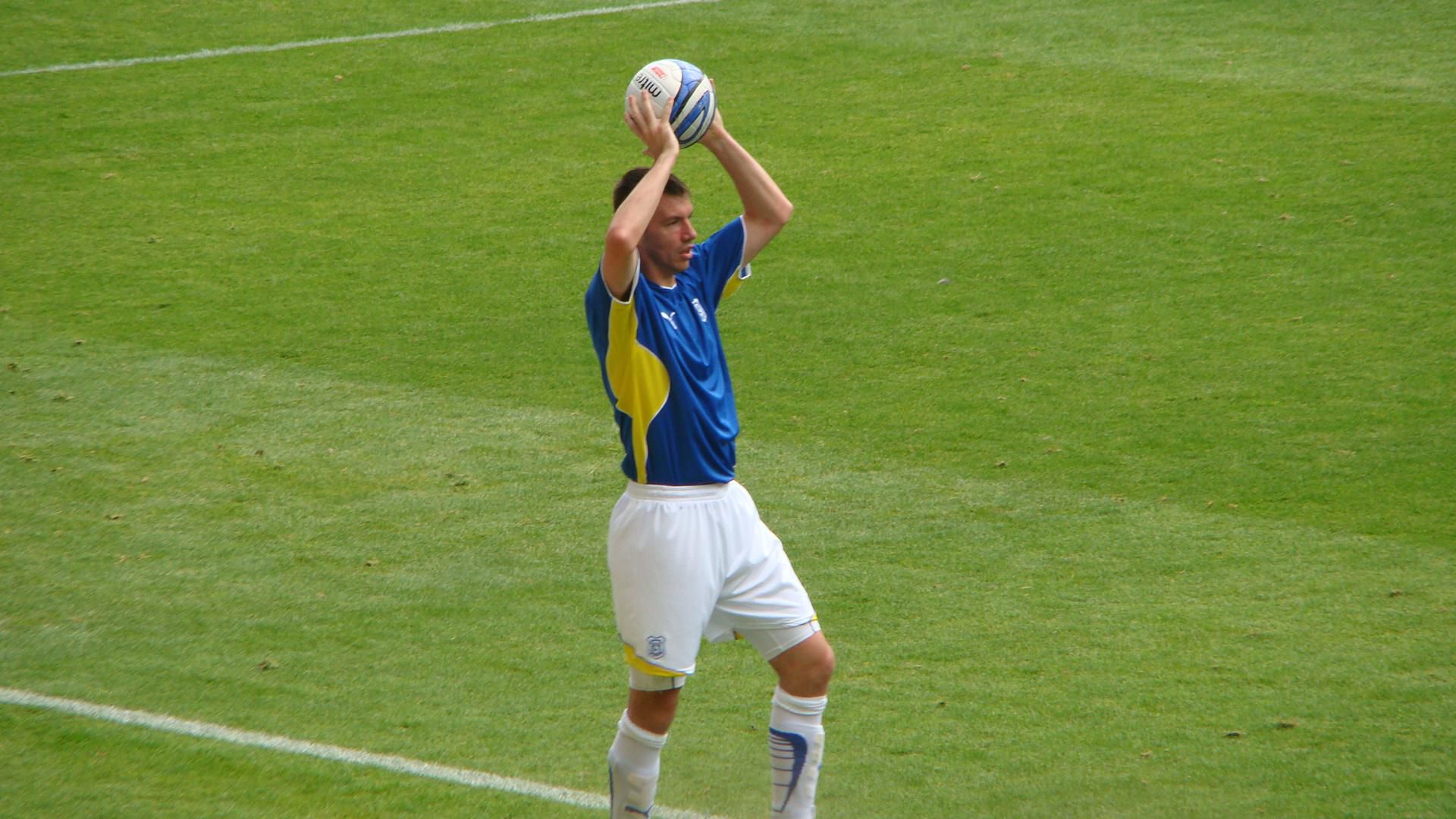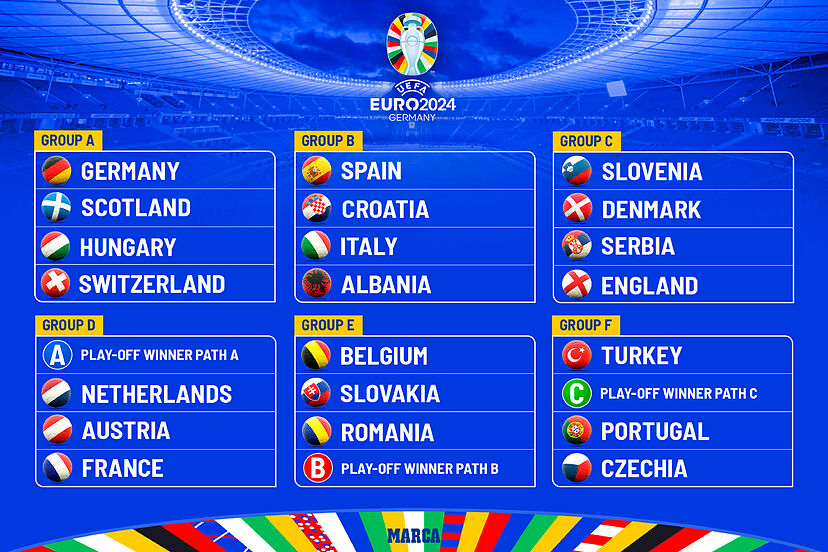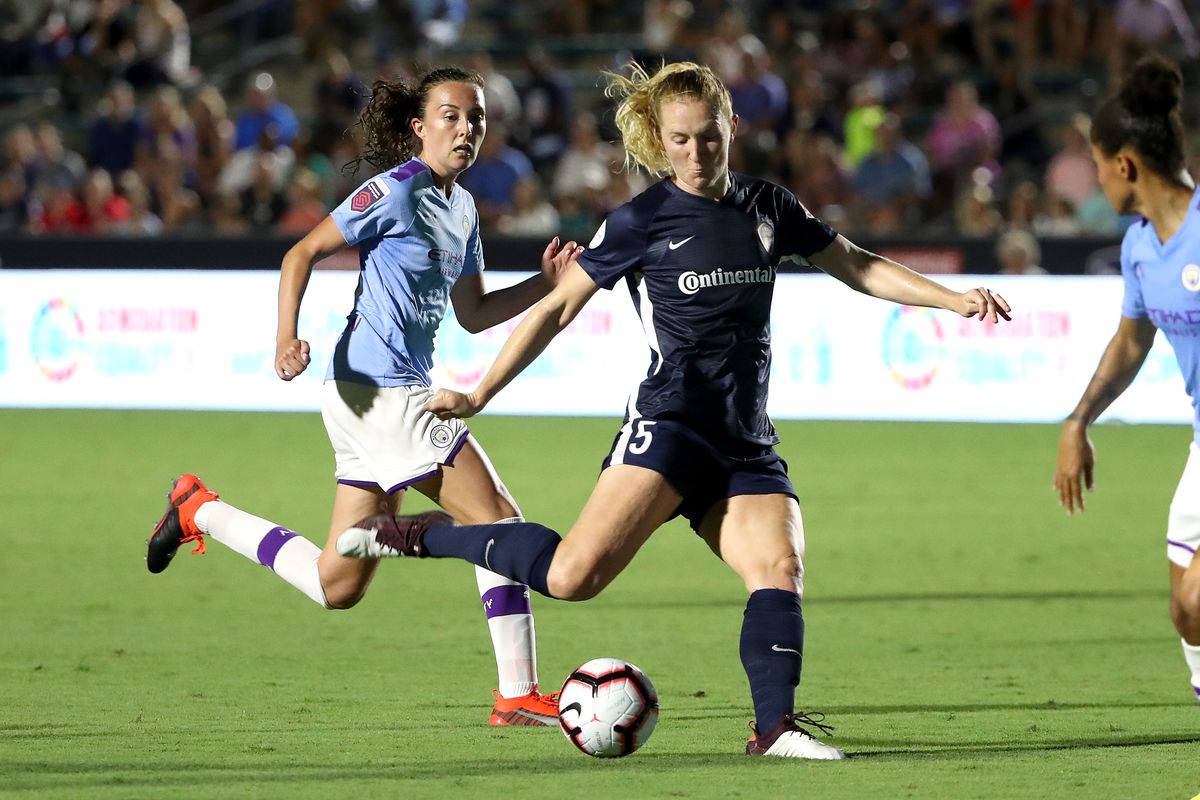In the dynamic world of soccer, the difference between winning and losing often hinges on split-second decisions. Mastering the art of decision-making is crucial for players at all levels, from grassroots to professional leagues. In this comprehensive guide, we delve into effective strategies on how to improve decision-making in soccer, offering insights for both players and coaches to elevate their game.
Understanding the Importance of Decision-Making in Soccer
Soccer is a game of constant movement and ever-changing scenarios. A player’s ability to make the right decision under pressure can turn the tide of a match, whether it’s choosing to pass, dribble, or shoot. Similarly, coaches must make strategic decisions that affect their team’s formation, style of play, and substitutions. Thus, enhancing decision-making skills is paramount for success on the soccer field.
For Players: Sharpening On-Field Judgement
1.Situational Awareness: Developing an acute sense of awareness is foundational in how to improve decision-making in soccer. Players should constantly scan the field, assessing their position relative to the ball, teammates, and opponents. This awareness allows for anticipating play developments and making informed decisions.
2.Technical Proficiency: The ability to execute decisions relies heavily on a player’s technical skills. Regular practice of fundamental skills like passing, dribbling, and shooting ensures that when a decision is made, the execution is successful.
3.Mental Simulation: Visualization techniques can be a powerful tool. By mentally simulating various game situations and possible actions, players can prepare themselves to make quicker decisions during actual gameplay.
4.Understanding Team Strategy: Knowing the team’s tactical plan and each player’s role within that strategy aids in making decisions that align with the team’s objectives. This coherence in decision-making can be the difference between disjointed play and a well-oiled machine.
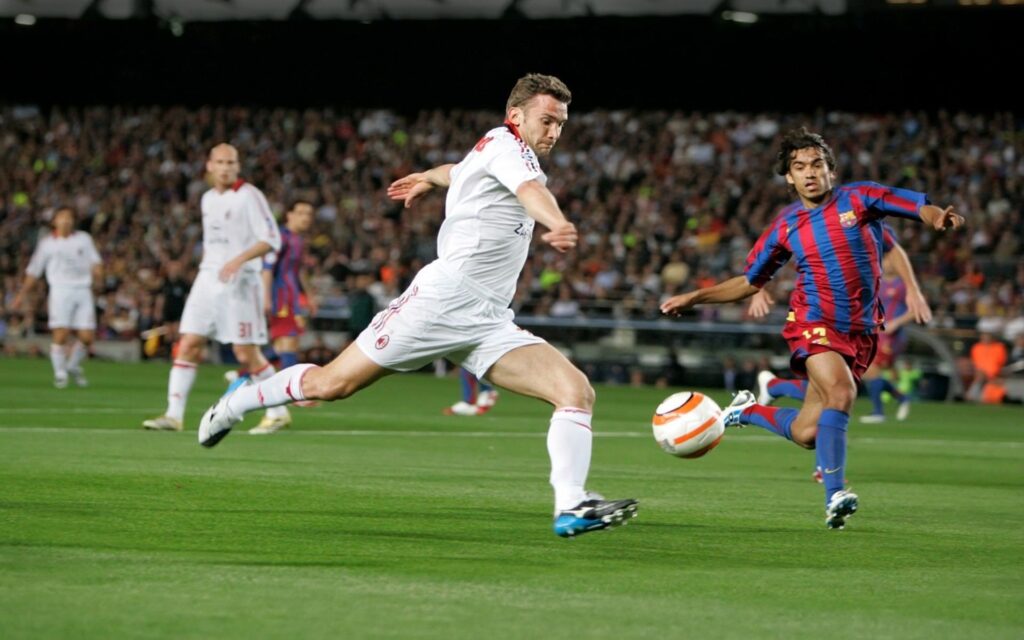
For Coaches: Cultivating Decision-Making Skills in Players
1.Scenario-Based Training: Coaches can create drills that mimic game situations requiring players to make quick decisions. These drills should vary in complexity and be designed to challenge the players’ ability to read the game and react accordingly.
2.Encourage Creativity: A critical aspect of how to improve decision-making in soccer for coaches is to foster an environment where players feel free to take calculated risks and express their creativity on the field. This empowerment can lead to innovative solutions in high-pressure situations.
3.Feedback and Analysis: Providing constructive feedback is essential. Analyzing game footage with players can help identify decision-making patterns, both good and bad, offering tangible examples for improvement.
4.Mental Toughness Training: Building players’ mental resilience through focused training can enhance their ability to remain calm and decisive under pressure. Techniques can include stress management, concentration exercises, and confidence-building activities.
Integrating Decision-Making into Practice Sessions
Incorporating decision-making exercises into regular training sessions is vital. Drills should simulate real-game pressure and consequences, forcing players to make decisions quickly. Small-sided games, for example, are excellent for this purpose, as they replicate the tight spaces and rapid pace of a match, requiring constant decision-making.
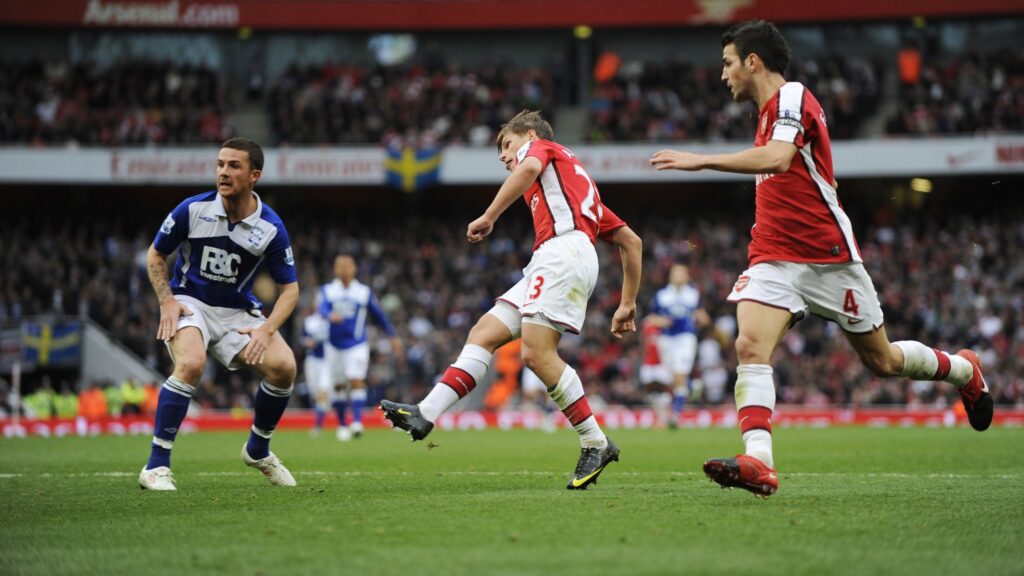
The Role of Video Analysis
Video analysis has become an invaluable tool in how to improve decision-making in soccer. By reviewing game footage, players and coaches can break down specific instances of decision-making, both positive and negative. This objective analysis allows for a deeper understanding of the decision-making process and highlights areas for improvement.
Psychological Aspects of Decision-Making
The mental component of decision-making in soccer cannot be overstated. Confidence, focus, and the ability to remain composed under pressure are all psychological traits that influence a player’s decision-making ability. Developing these traits through mental conditioning and positive reinforcement can significantly impact on-field performance.
Conclusion: Cultivating a Culture of Smart Decision Making
Improving decision-making in soccer is an ongoing process that requires dedication, practice, and a supportive environment. For players, it’s about honing their skills, awareness, and mental toughness. For coaches, the challenge lies in creating training conditions that promote smart decision-making while providing the guidance and feedback necessary for growth.
In the quest to understand how to improve decision-making in soccer, remember that each decision on the field is a learning opportunity. Embracing this mindset can transform decision-making from a daunting challenge into a powerful tool in the arsenal of any soccer player or coach. As the game evolves, so too must our approaches to teaching and improving this critical aspect of soccer. Let’s continue to foster environments that celebrate smart decisions, creativity, and the relentless pursuit of excellence on the soccer field.

